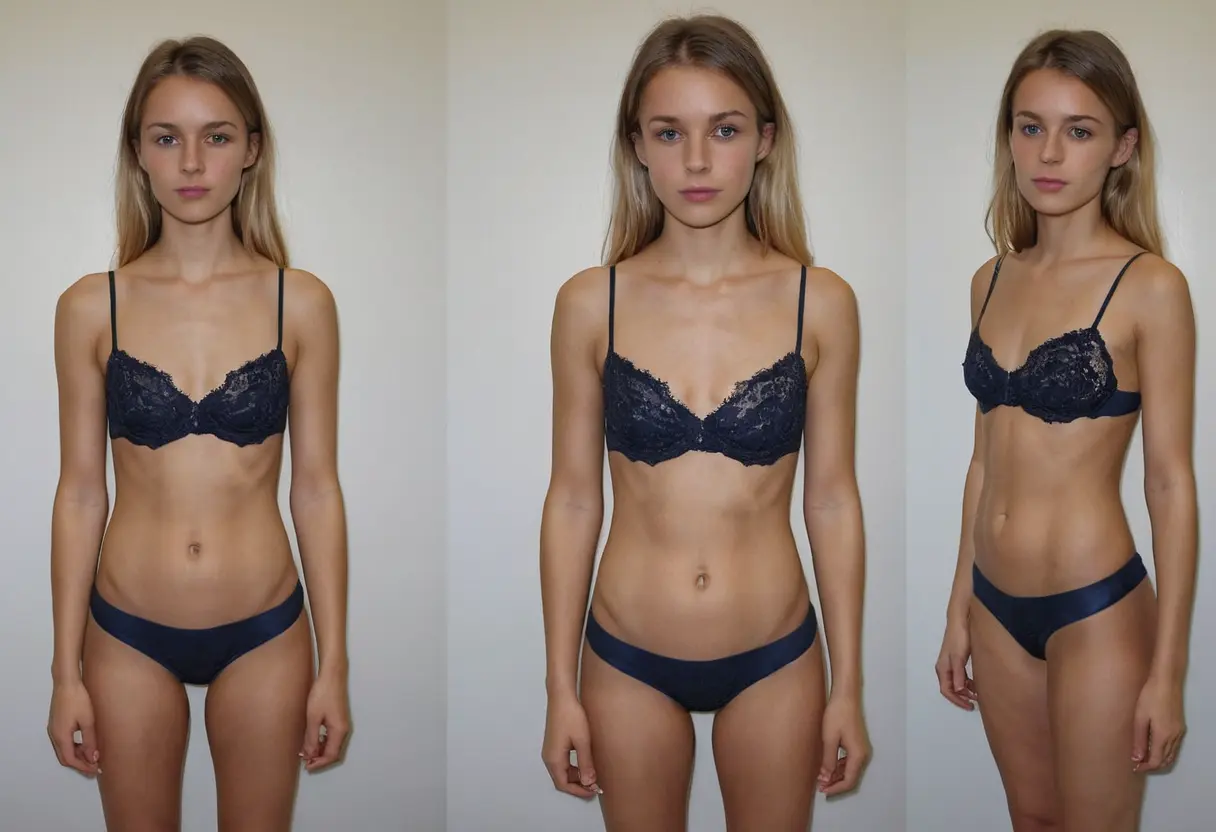As artificial intelligence (AI) technologies rapidly advance, one of the most controversial and ethically complex applications has emerged in the form of undress image AI. This technology, which uses AI algorithms to remove clothing from images, has garnered significant attention due to its potential impact on privacy, consent, and human dignity. In this article, we will explore the ethical concerns surrounding undress image AI, the societal implications, the legal frameworks that may govern its use, and potential solutions to mitigate its harmful effects. By examining these key aspects, we aim to shed light on the broader implications of such technology in modern digital media.
Undress image AI is a subset of AI-driven image manipulation tools that typically utilize deep learning models, particularly generative adversarial networks (GANs), to alter or transform existing images. These models can modify the appearance of an image in various ways, including generating an undressed version of a person in the image. The technology works by training on large datasets of images to identify patterns and correlations in body structure and clothing. Once trained, the AI can predict and "remove" clothing from the subject, generating a realistic image that appears to show a person without clothing.

While the technology itself may have some legitimate uses, such as in fashion design or medical imaging, its application for unethical purposes, such as creating non-consensual adult images, has raised significant ethical concerns.

One of the primary ethical issues surrounding undress image AI is the violation of personal privacy. Individuals may find themselves subjected to manipulated or altered images without their consent, potentially leading to harm in terms of personal reputation and emotional well-being. Furthermore, there is a clear risk that this technology could be used for exploitation, harassment, and defamation, particularly in the case of celebrities or ordinary people whose images are manipulated and shared online.

Additionally, the use of undress image AI to create realistic but fake nude images can perpetuate harmful stereotypes, objectify individuals, and contribute to the broader culture of digital body shaming. This raises significant concerns about the effect such images may have on body image, especially among vulnerable populations such as young people and those with pre-existing mental health issues related to self-esteem.
The concept of consent is another critical factor in the ethical discussion of undress image AI. In the digital age, obtaining explicit consent for every image or video that circulates online can be incredibly challenging. Undress image AI can bypass the need for consent entirely, making it possible for anyone to manipulate an image of another person without their permission. This erodes the autonomy of individuals and challenges the concept of digital consent in a way that traditional media did not.
Furthermore, when an individual’s likeness is used without their consent to create explicit or sexually suggestive content, it can have lasting effects on their personal and professional life. In many cases, the victims of this AI manipulation may not even be aware that their images have been altered or distributed, leaving them vulnerable to long-term emotional and psychological harm.
The legal landscape surrounding undress image AI is still evolving, and laws regarding digital manipulation and consent vary greatly by country. In many regions, laws around privacy and www.undressaitool.com/defamation are being adjusted to account for the potential harms of AI-generated content. However, existing legal frameworks often fail to address the specific issues posed by this technology, particularly in cases where AI-generated images do not directly infringe on traditional copyright or defamation laws.
Several countries have taken steps to introduce new laws aimed at protecting individuals from the harmful effects of AI-driven image manipulation. For example, some jurisdictions have passed laws that criminalize the non-consensual distribution of explicit images, which could apply to undress image AI in certain cases. However, given the rapid pace of technological development, there is a need for more comprehensive and globally coordinated regulations to ensure that AI technologies are used responsibly and ethically.
While the ethical concerns surrounding undress image AI are significant, there are potential solutions that can help mitigate its negative impact. One approach is to develop and enforce stronger regulations and laws to hold creators and distributors of AI-generated explicit content accountable. This includes imposing penalties for those who use AI to create non-consensual or harmful images.
Another strategy is the development of advanced detection tools that can identify manipulated images, helping to protect individuals from having their images used without consent. These tools can be incorporated into social media platforms, online marketplaces, and search engines, allowing for quick identification and removal of harmful content. Encouraging platforms to adopt AI-based solutions to detect image manipulation will be critical in limiting the spread of non-consensual images.
Additionally, educating the public about the potential risks and ethical implications of AI-generated content is essential. By raising awareness, we can foster a more responsible digital culture where the rights of individuals are respected and protected. Teaching users to question the authenticity of images and promoting ethical AI development will help curb the misuse of these technologies.
Undress image AI represents a significant ethical challenge in the realm of modern digital media. While the technology itself holds promise in certain legitimate areas, its potential for harm is vast. Privacy violations, the erosion of consent, and the promotion of harmful stereotypes are just a few of the ethical implications that must be carefully considered. As AI continues to evolve, it is essential that society implements legal and regulatory frameworks to protect individuals' rights and promote ethical uses of technology. Only through collective action, education, and responsible AI development can we ensure that the digital world remains a place where individuals are empowered, not exploited.

Exploring the Future of Nudify AI and Its Impact on Undress Image Processing

Discover the Best Free AI Undressing Apps for

Exploring the Impact of Undress AI Tools on Privacy and Ethics in Visual Content

How AI is Revolutionizing Image Editing by Undressing Photos

How AI Undress Works Without the Need for Sign In

Exploring the Rise of Undressing AI Platforms in